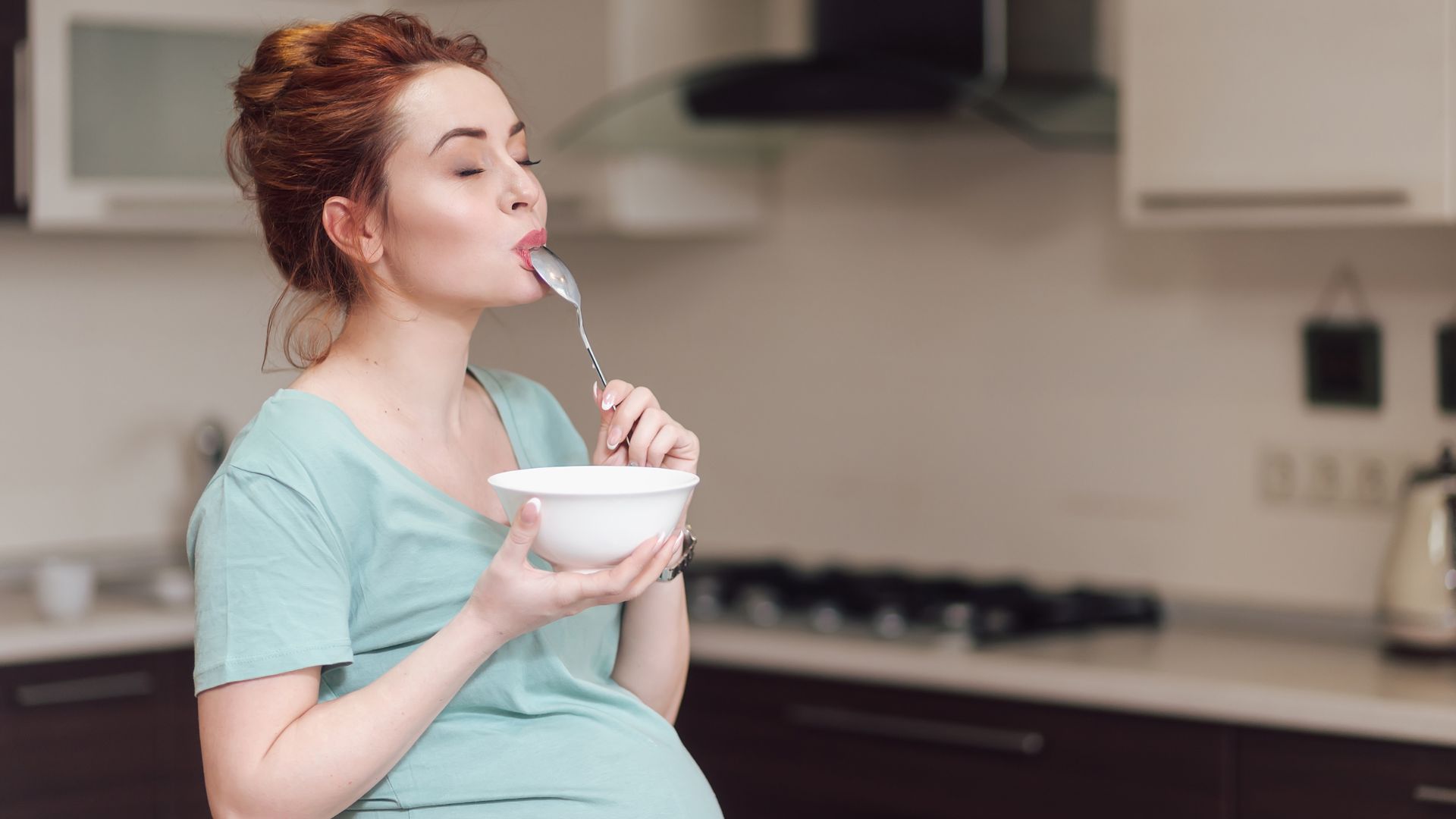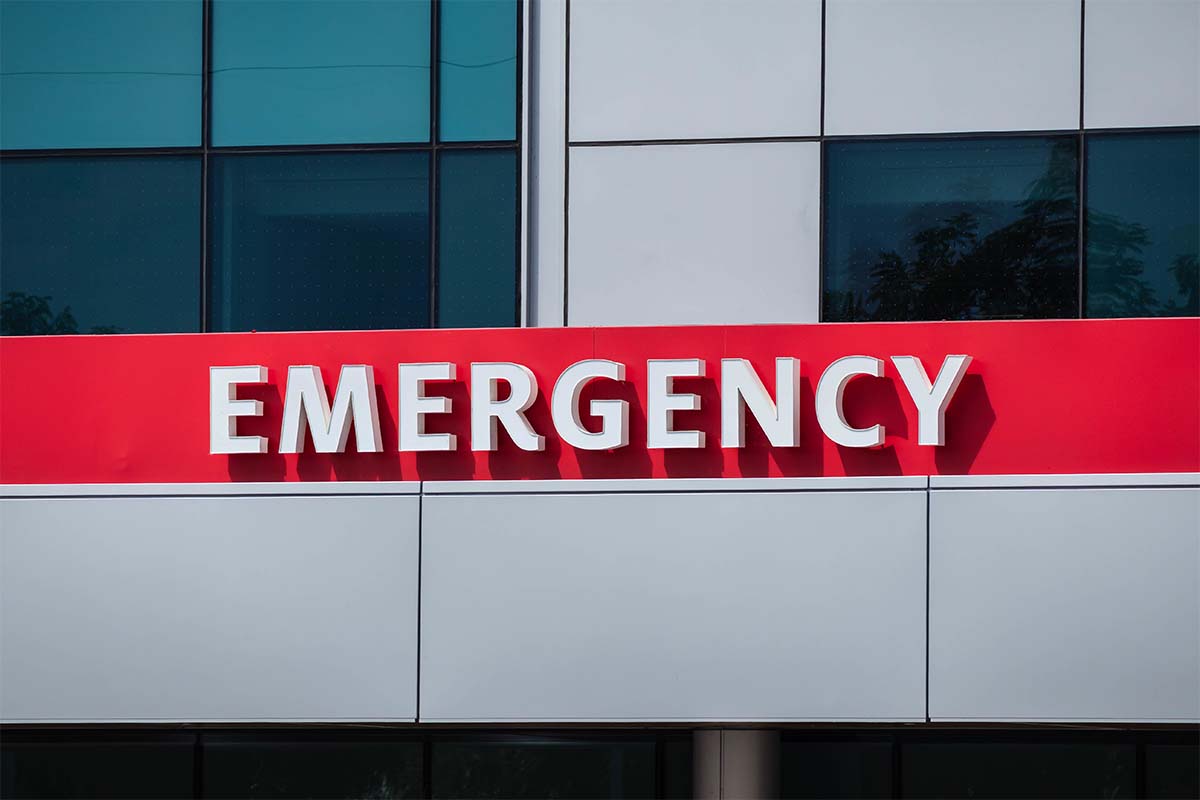
Pregnancy is a significant phase in a woman’s life, and it comes with its set of challenges, one of which is pica cravings. The name ‘pica’ comes from a bird that eats anything it finds. Pica cravings refer to an intense desire to consume non-food items like ice, dirt, soap, clay, and even paint chips. These cravings can adversely affect the health of the mother and her unborn child.
While many women experience cravings during pregnancy, such as for pickles or ice cream, pica cravings are less common and can also occur in children under six years old. Let us explore what pica cravings are, why they occur during pregnancy, and how to manage and prevent them for the mother’s and her baby’s well-being.
When Pickles And Ice Cream Aren’t Enough
While pickles and ice cream may be a recognized pairing, they might not be enough to satisfy every pregnant woman’s cravings. Experiencing cravings for things like ice, dirt, paint chips, laundry soap, or hair could be a sign of Pica, an eating disorder characterized by cravings for non-nutritive substances. Suppose you’re having persistent cravings for non-food items during pregnancy. In that case, discussing your symptoms with your doctor is a good idea. (Babylist)
What’s Causing These Weird Cravings?
No one knows why some women get pica cravings during pregnancy. However, some experts think it might be linked to low iron levels. Others believe that the body may try to get the vitamins and minerals that are missing from food by creating pica cravings. Several factors can cause pica cravings during pregnancy:
- Nutrient Deficiencies: The increased nutritional demands of pregnancy can lead to deficiencies in essential minerals like iron or zinc, which may trigger cravings for non-food items. Nausea and vomiting during pregnancy can also limit the nutrient intake and increase the risk of deficiencies that may lead to Pica.
- Nausea Relief: Some pregnant women may crave non-food items like ice or clay because the scent, taste, or texture relieves nausea. However, these cravings are not nutritionally valuable and can be harmful if the items are contaminated or toxic.
- Poor Sleep and Fluctuating Hormones: Lack of sleep can worsen hormonal changes that affect blood sugar levels, which may lead to cravings for non-nutritive substances. Getting adequate sleep and managing hormone changes could help reduce pica cravings.
(Iftikhar)
Treatment for Pica
There isn’t a specific test that confirms whether you have Pica. Still, your OB-GYN might conduct blood tests to check for nutrient deficiencies that could be causing these unusual cravings.
Once diagnosed, treating Pica usually involves managing underlying nutrient deficiencies with dietary changes, vitamins, or other supplements. Maintaining a balanced and nutritious diet with prenatal vitamins is also recommended. In case of nausea and vomiting, nutritional replacement drinks can be a temporary solution until normal appetite is restored.
If Pica persists, your healthcare provider or a nutritionist could guide you with a suitable pregnancy diet plan. Generally, pregnancy pica subsides on its own once nutrient deficiencies are treated or after childbirth. (Ben-Joseph)
When is Pica an Emergency?
While pica cravings for items like ice are generally harmless, eating non-food items such as paper, dirt, or clay can lead to nutritional deficiencies and can cause infections, blockages in the digestive tract, and toxic reactions. In such cases, Pica could be considered a medical emergency. Speak with your OB-GYN if you’re experiencing cravings for non-food items, as they can help you identify the underlying cause of your cravings and provide treatment to ensure the optimal health of you and your baby. (American Pregnancy Association)
With a better understanding of the underlying causes of Pica, including nutritional deficiencies and cultural or behavioral factors, healthcare providers can help pregnant women manage their cravings safely and avoid any potential complications that may arise from consuming non-food items. By taking Pica seriously as a condition and seeking comprehensive care during pregnancy, we can help ensure the best possible outcomes for expecting mothers and their babies.
Works Cited
Babylist. “Weird Pregnancy Cravings and What They m.” Babylist, www.babylist.com/hello-baby/pregnancy-cravings.
Iftikhar, Noreen. “Pica in Pregnancy: Causes, Risks, and More.” Healthline, Healthline Media, 30 Nov. 2020, www.healthline.com/health/pregnancy/pica-in-pregnancy.
“Pica (for Parents) – Inova Fairfax Hospital.” Edited by Elana Pearl Ben-Joseph, KidsHealth, The Nemours Foundation, Nov. 2019, kidshealth.org/Inova/en/parents/pica.html.
American Pregnancy Association. “Pica Cravings during Pregnancy.” American Pregnancy Association, 9 Dec. 2021, americanpregnancy.org/healthy-pregnancy/is-it-safe/unusual-cravings-pica/.
















